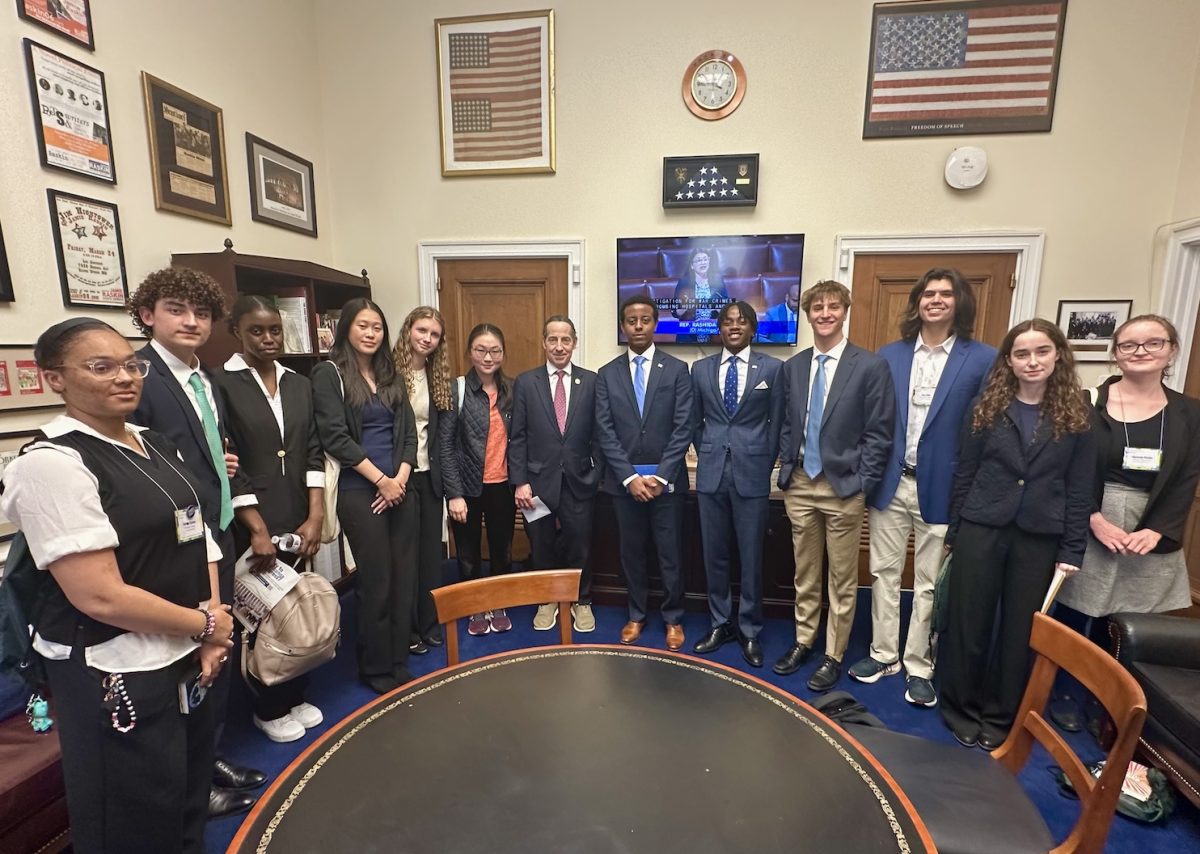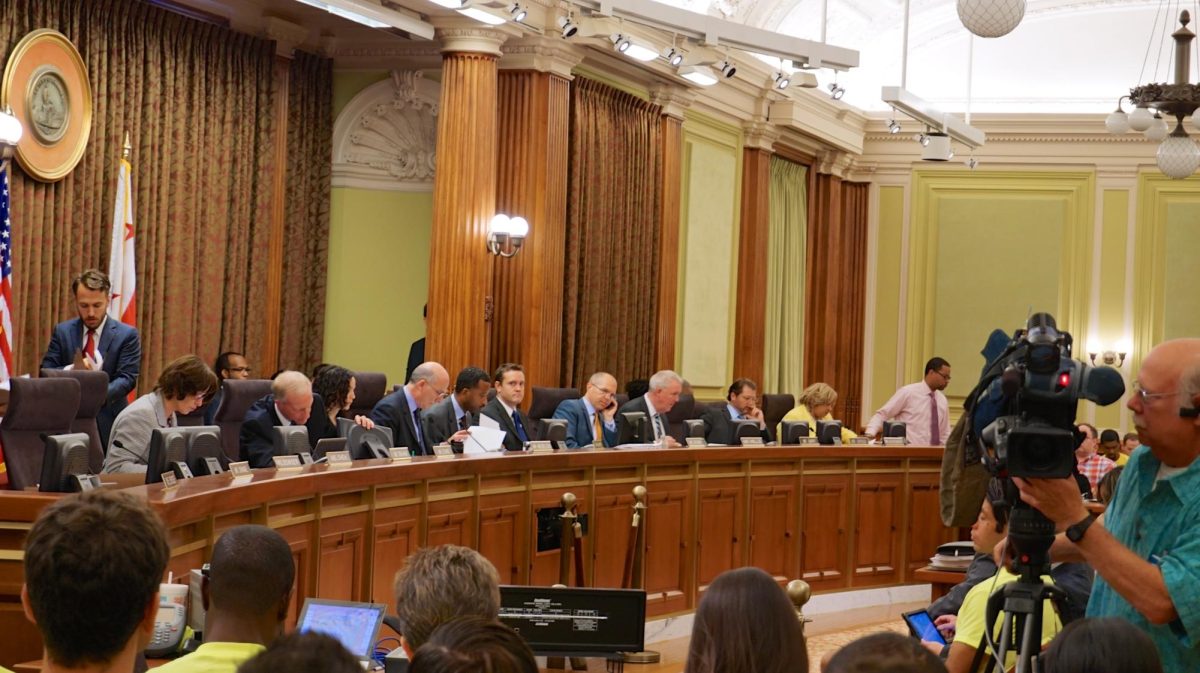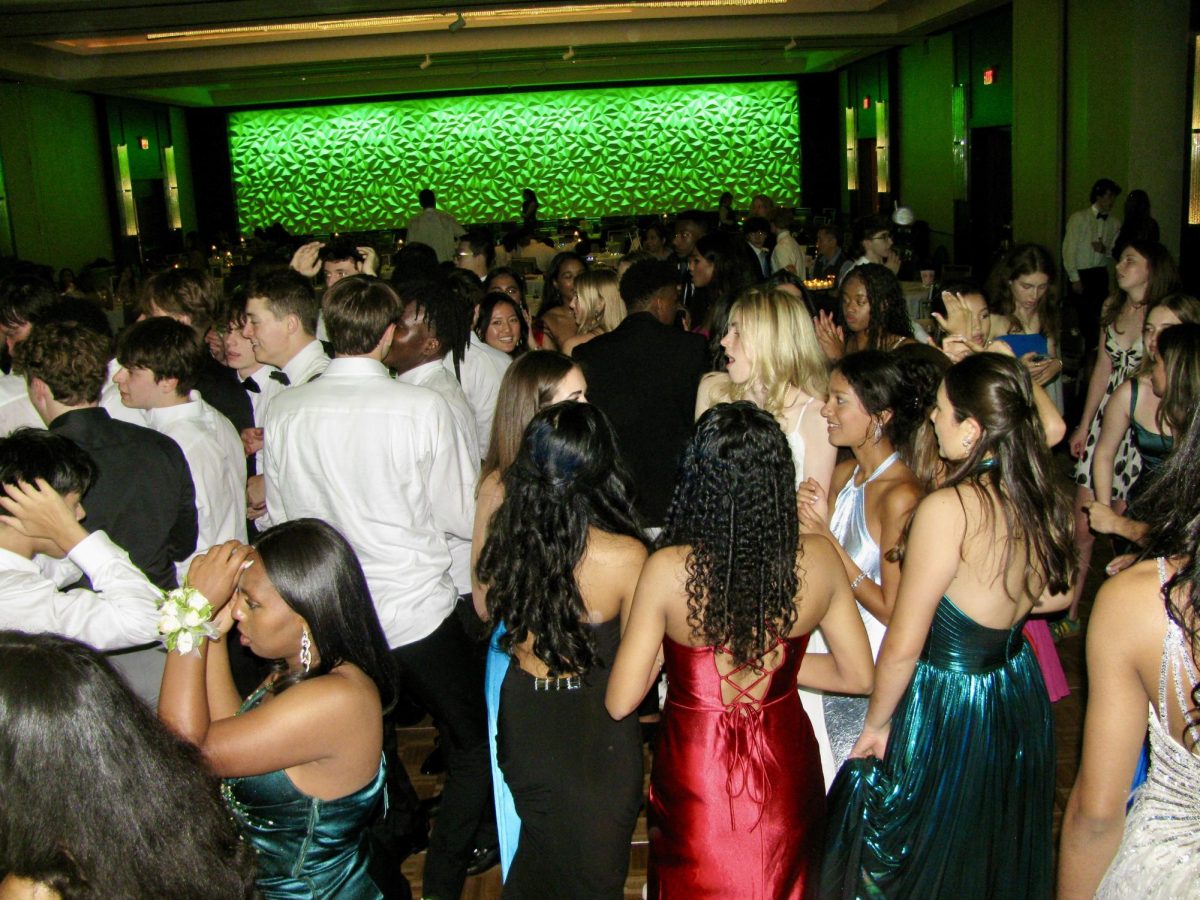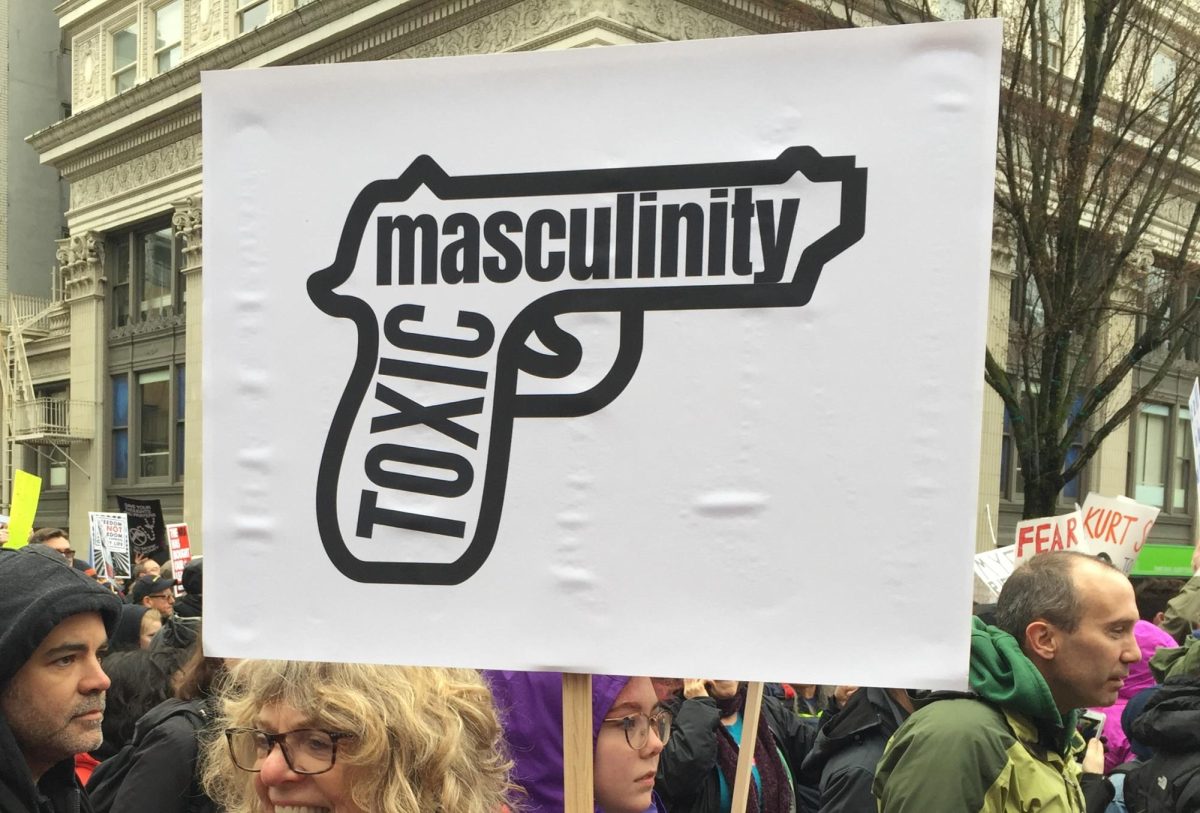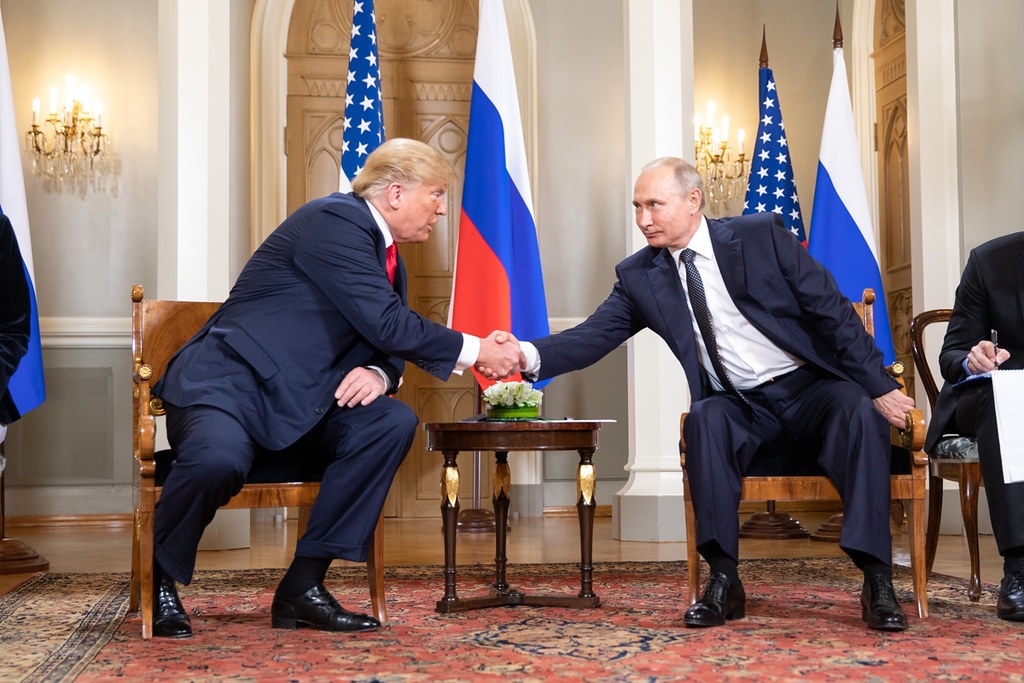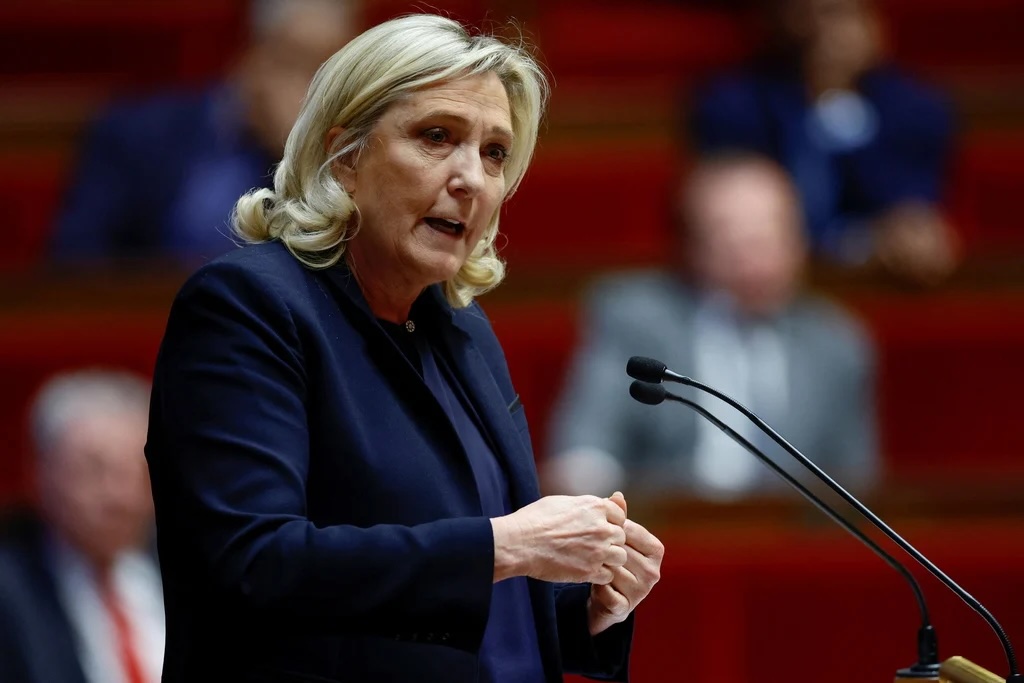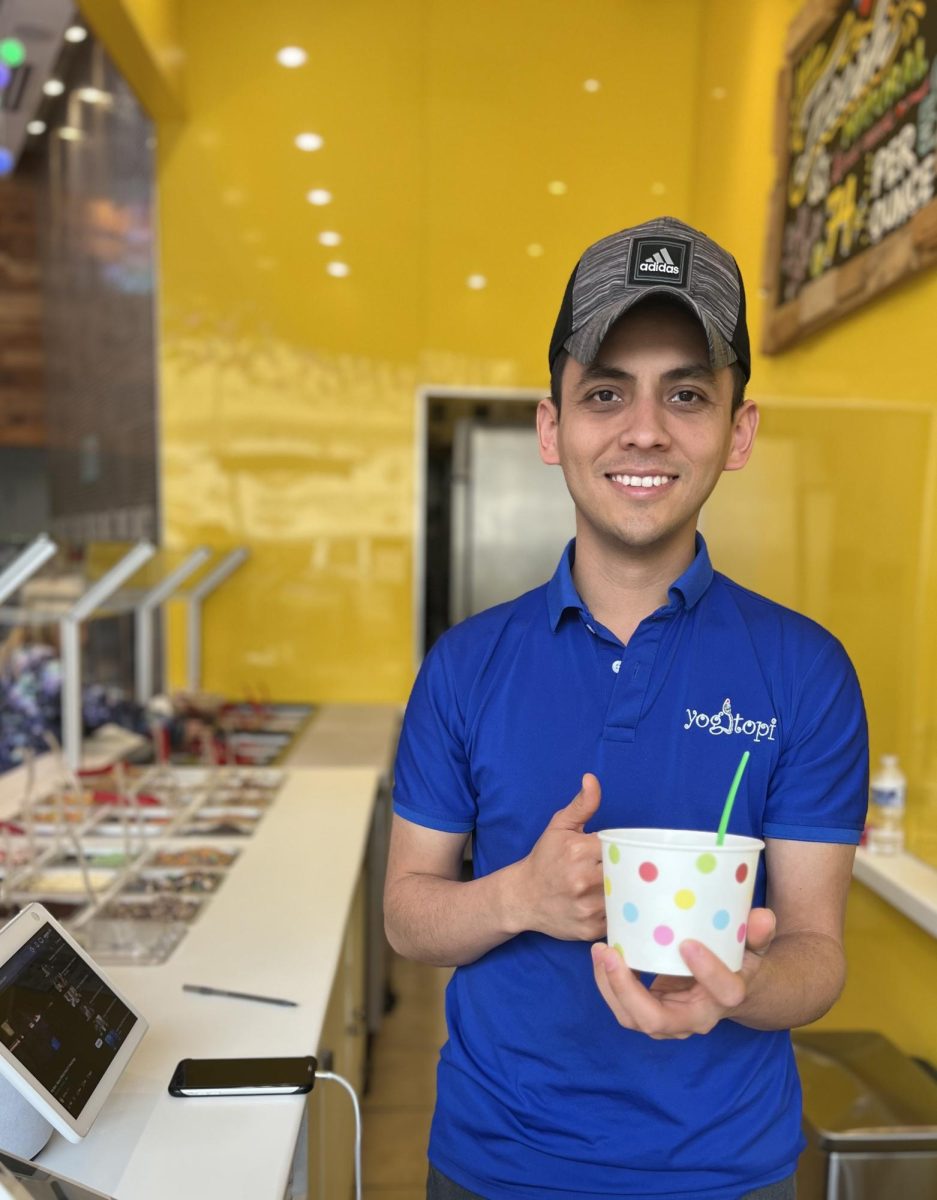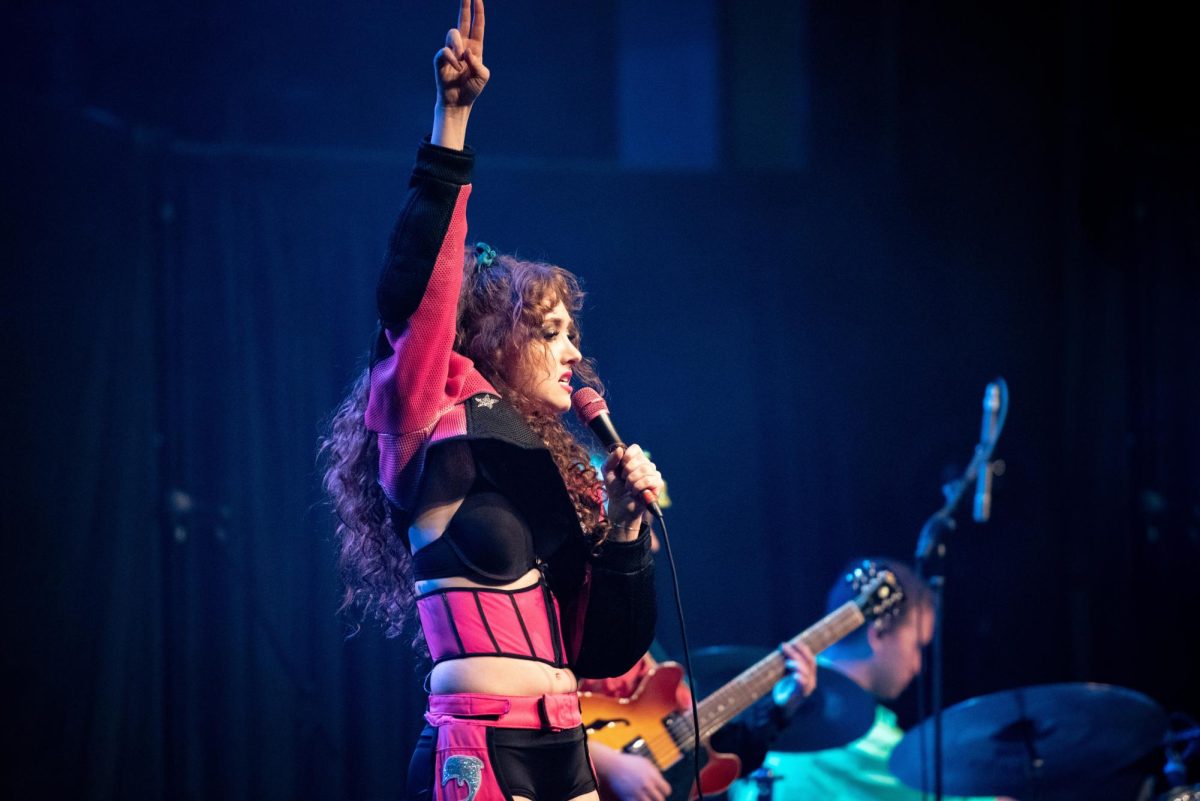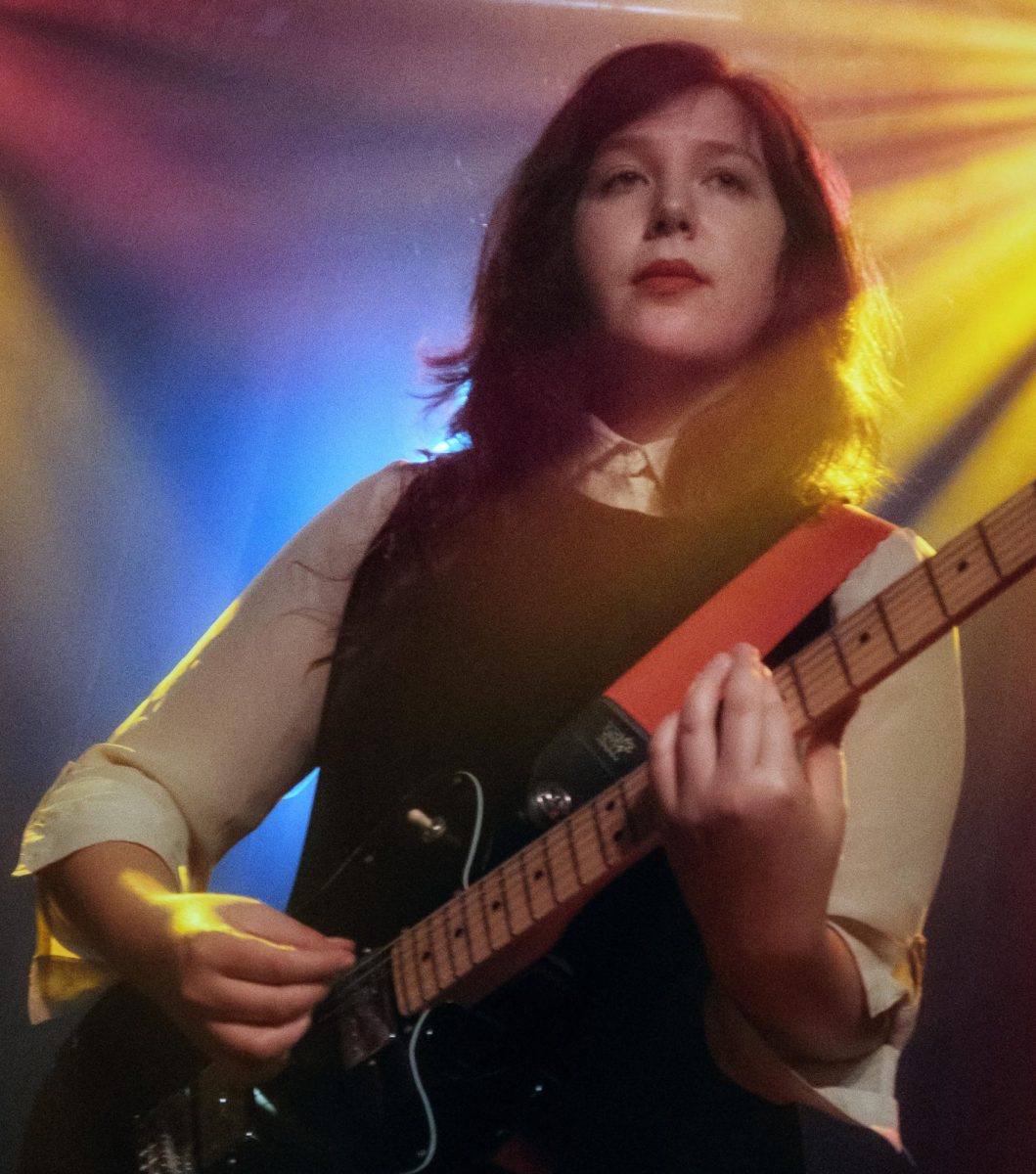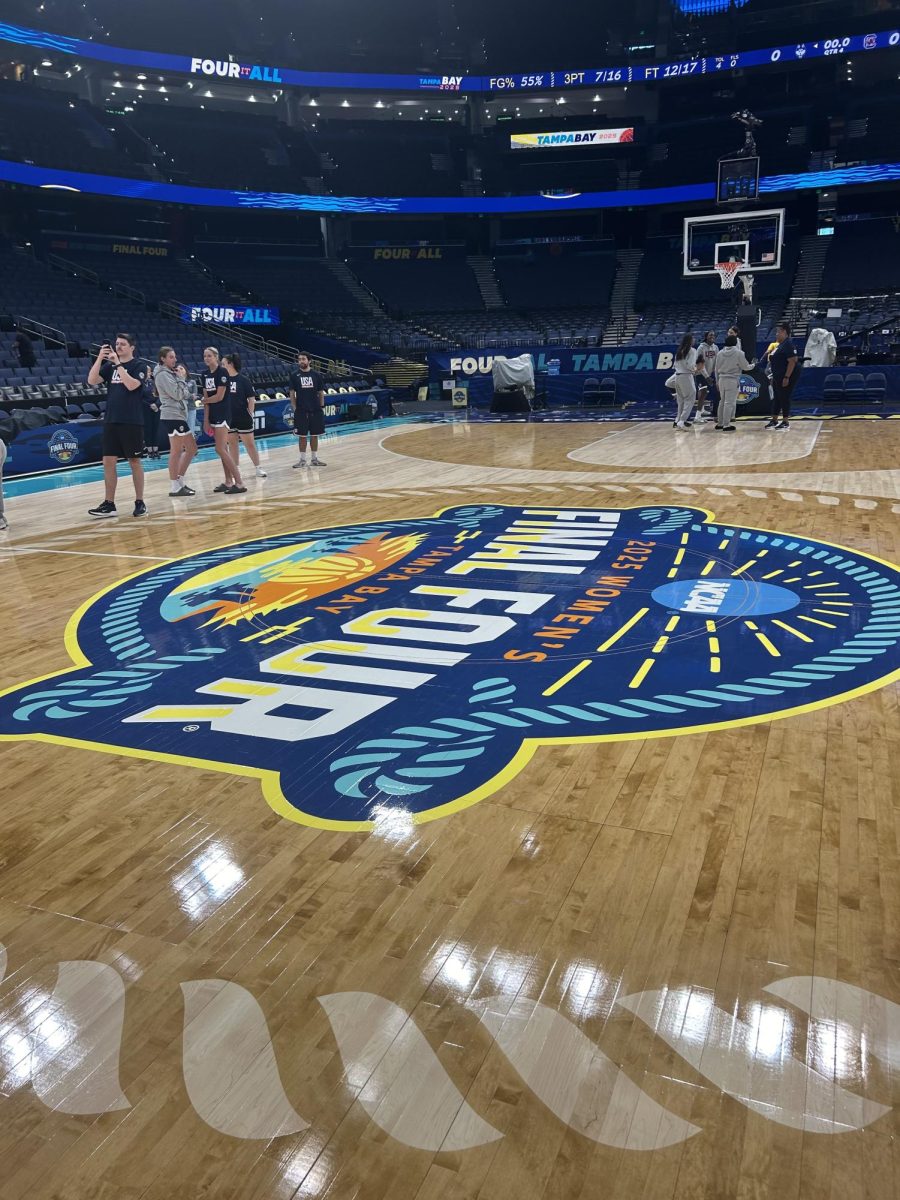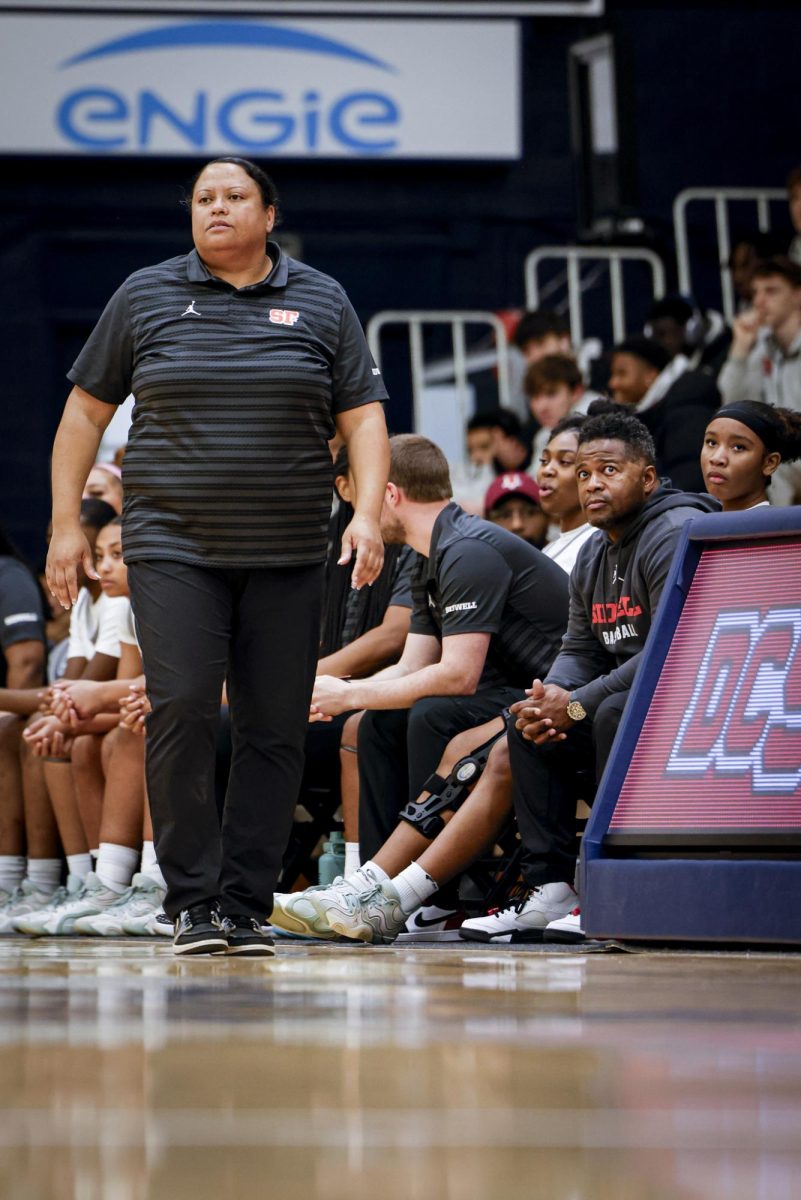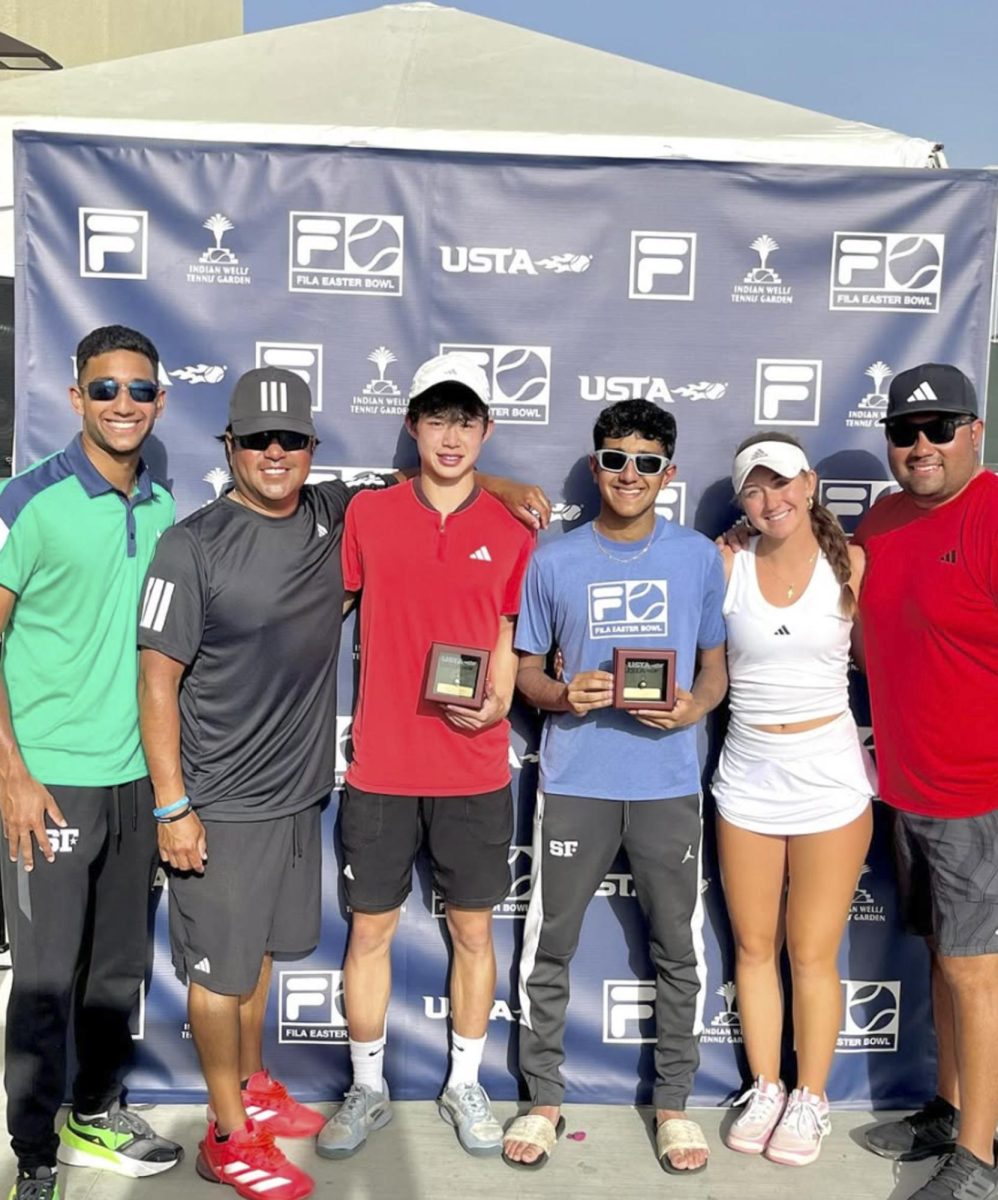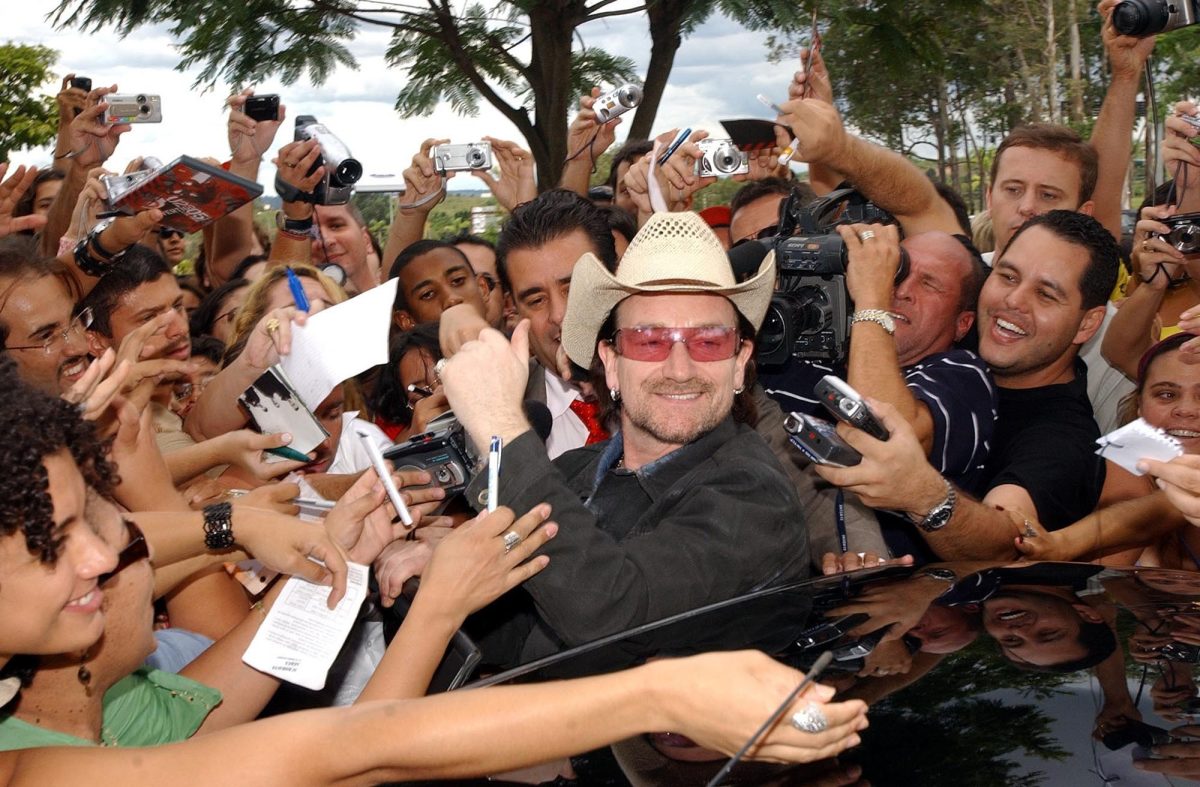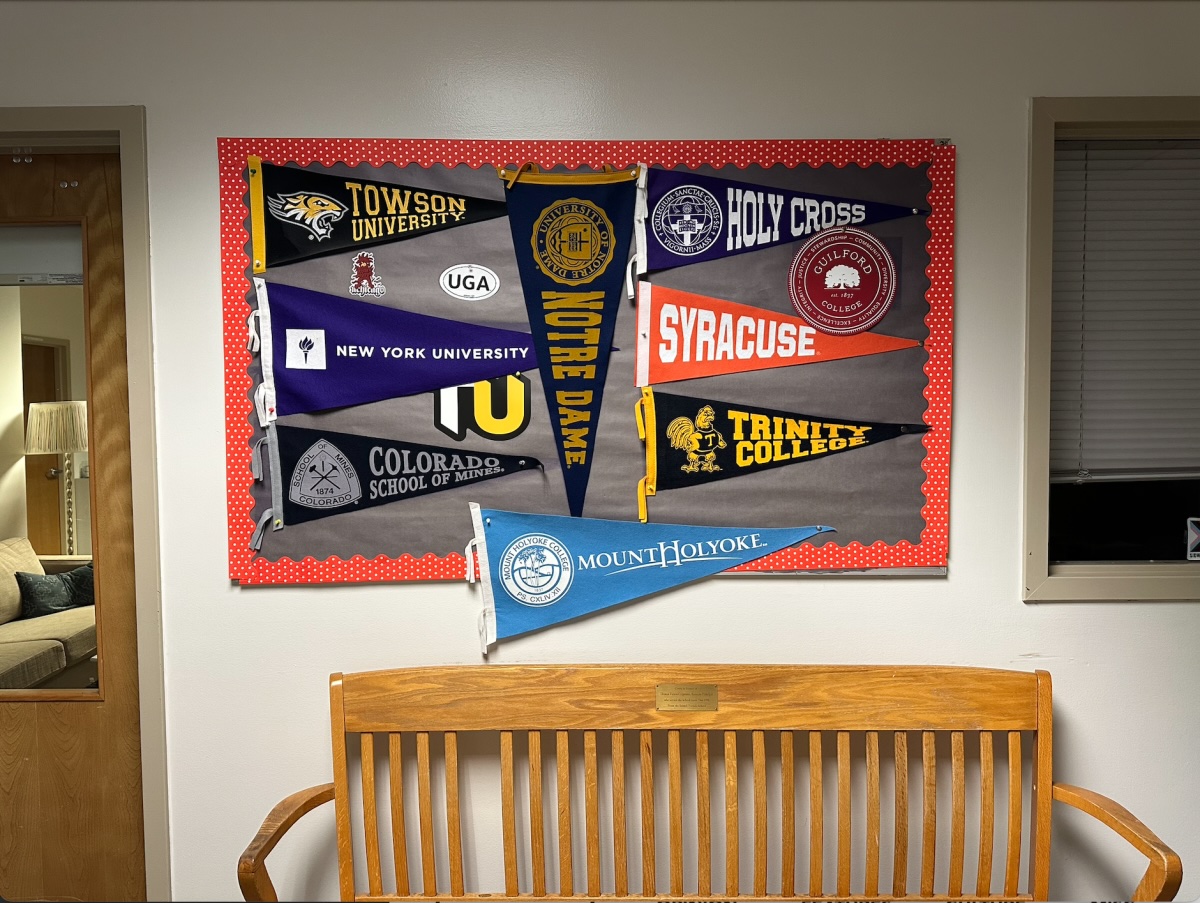Almost everybody has a particular celebrity, whether it be a musician, athlete, actor, author or public figure whom they admire. Through social media, the connection between celebrities and their fan bases has grown exponentially. Professional soccer player Cristiano Ronaldo has over 600 million followers on Instagram alone and countless active fan pages. This connection is wider than just social media, though. Fans of celebrities can quickly cross the line, resulting in incidents of stalking, especially among female celebrities. Several celebrities have come out in criticism of paparazzi harassment.
The term “parasocial relationship” has grown in prominence alongside the phenomenon itself. First coined by sociologists Donald Horton and Richard Wohl in 1956, it is generally defined as a one-sided relationship in which a party extends emotional energy, interest and time while the other party is entirely unaware of their existence. With the advent of social media, parasocial relationships have skyrocketed.
One of the issues that social media creates is fostering a sense of intimacy between public figures and their audiences. Content creators post personal moments, “behind-the-scenes” footage and live streams, which creates a sense of familiarity that can easily be mistaken for actual friendship. However, many people fail to realize that what goes on social media is a carefully curated image of somebody’s actual life and public persona. People often photoshop their photos or blatantly lie, but people believe it due to their admiration. The lines between perceived closeness and real-life relationships tend to blur.
This feeling causes people to become emotionally dependent, devoting too much time and energy towards a fake relationship. While it is perfectly fine to admire a public persona, parasocial relationships can cause this admiration to turn into idolatry. This notion has contributed to a rise in toxicity among fandoms, who often have conflict with each other on social media, based on people they do not even know. Celebrities who do not criticize the toxic behavior of their fans are at fault for this behavior. However, fans and people using social media must take accountability and act maturely.
Parasocial relationships can also negatively affect real-world relationships. It is much easier to maintain a one-sided relationship than to invest time and energy into, albeit far more meaningful, relationships. However, this can lead to a sense of isolation and loneliness and contribute to screen time. With the rise of apps such as character.ai, the effects of parasocial relationships have been dialed up to the maximum. Already, the app has been directly linked to pedophilia, a teenager’s suicide and depression. Parasocial relationships are the stem of all of this, and are especially dangerous.
In a world increasingly reliant on social media and technology, people are far more connected, for better or worse. Parasocial relationships can lead to depression, a sense of isolation and useless time commitments. The boundaries between public figures and fans need to be wider for both parties’ safety and well-being. Instead of empty and unfulfilling one-sided relationships, people should try to form rich, powerful connections in the real world.








